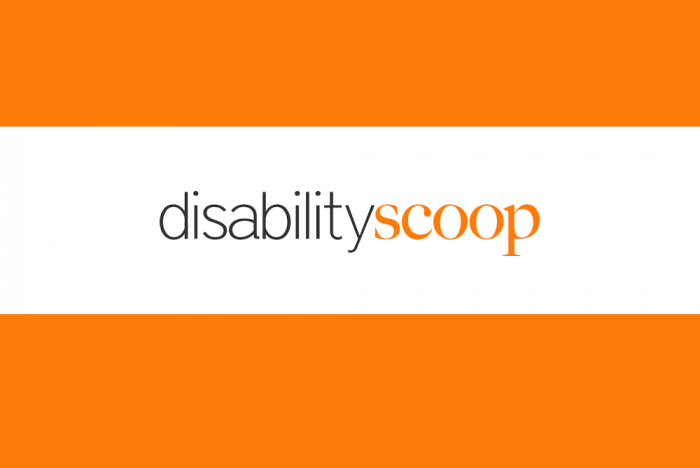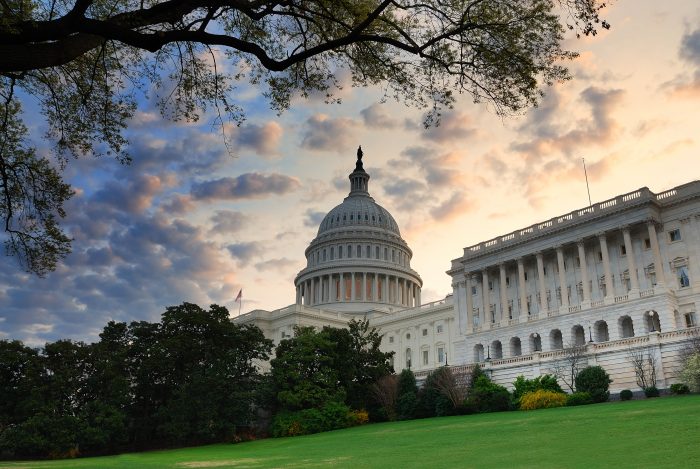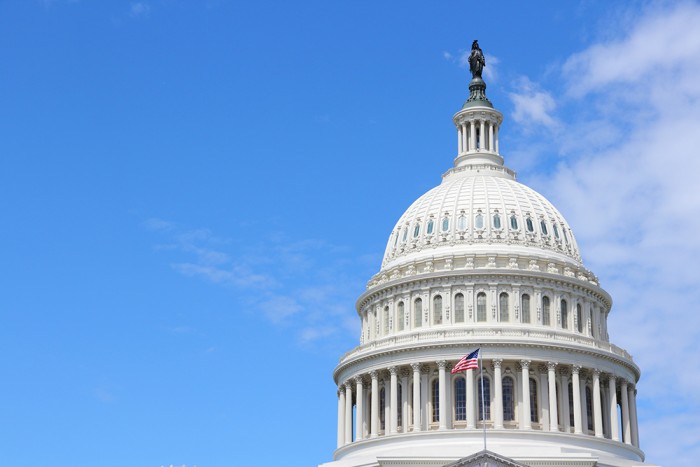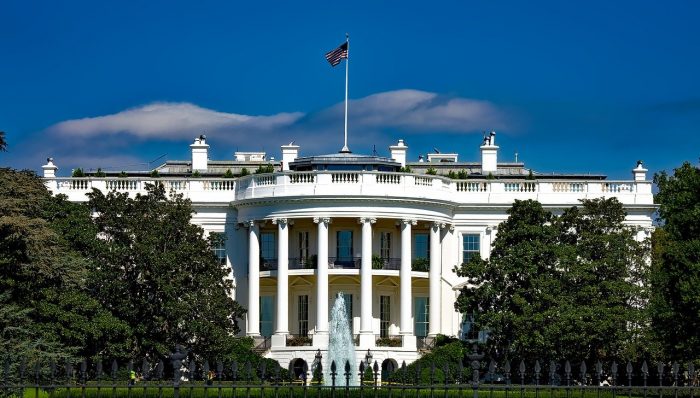Dear ANCOR Members,
Next week, some Members of Congress will be back in their districts, making it the perfect time to meet with them and urge them to protect Medicaid funding for home and community-based services (HCBS).
The newly released House budget framework calls for 1.5 trillion in cuts over ten years and directs the House committee with jurisdiction over Medicaid to cut at least $880 billion in spending. While the details have not yet been finalized, these reductions would likely result in deep cuts to Medicaid funding. Even if proposals do not specifically target funding for I/DD services, the resulting pressure on state budgets from Medicaid cuts creates an elevated risk of further limits and cuts to services for individuals with I/DD. In-district meetings and site visits are some of the most effective ways to educate lawmakers and their staff on how these cuts would harm people with intellectual and developmental disabilities (I/DD), providers, and families.
To help you prepare, we’ve put together key advocacy resources, including:
- Medicaid Cuts Fact Sheet – Key talking points on how federal Medicaid cuts shift costs to states and harm disability services.
- ANCOR Medicaid Resource Center – Data and tools to support your advocacy efforts.
- In-District Meeting & Site Visit Tool – Tips, sample meeting requests, and scripts for engaging your lawmakers.
Why Your Action Matters:
Studies show that constituent messages are the most effective way to influence lawmakers. When they see firsthand the impact of Medicaid-funded services in their communities, they are far more likely to protect funding.
Take this opportunity to reach out to your Members of Congress while they’re home next week or check their website for an email list signup to make sure you don’t miss any opportunities to engage while they are home — let’s make sure they understand why Medicaid funding must be protected.
Thank you for your advocacy.













